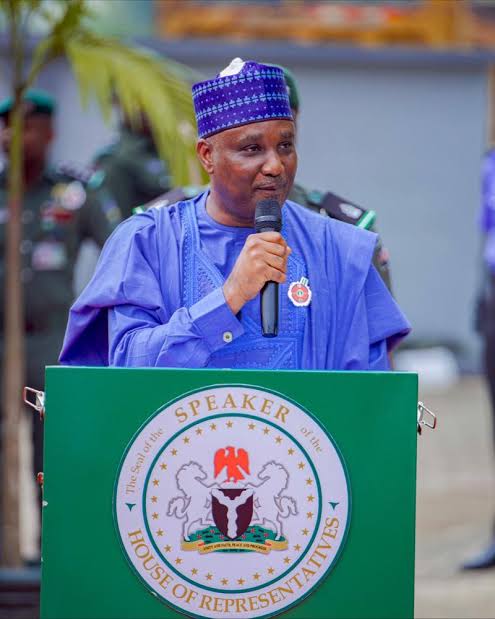The House of Representatives yesterday announced the recovery of over N200 billion in lost revenues for the Federal Government in the last year.
The Chairman of the Public Accounts Committee (PAC), Bamidele Salam, made the announcement at the opening of the 11th Annual Conference and General Assembly of the West Africa Association of Public Accounts Committees (WAAPAC), organised by the committee. Nigeria is hosting the conference for the first time since the body was established in 2009.
According to him, the recovery is part of a series of reforms aimed at strengthening fiscal accountability. He also said the House had passed the long-awaited Audit Bill, which is now before the Senate. Speaker Tajudeen Abbas urged parliaments across West Africa to strengthen oversight of public borrowing to safeguard the future of their citizens.
Abbas, represented by the House Leader, Julius Ihonvbhere, warned that across Africa, debt has become a structural crisis, with several countries spending more on servicing loans than on healthcare and other essential services.
He highlighted the structure of Africa’s debt, noting that 35 per cent is owed to Western private lenders, 39 per cent to multilateral institutions like the IMF and World Bank, 13 per cent to bilateral creditors, and 12 per cent to China.
Abbas stated that Nigeria is committed to championing the establishment of a West African Parliamentary Debt Oversight Framework under WAAPAC, aiming to harmonise debt reporting, establish regional standards for transparency, and empower legislatures with timely data for effective scrutiny.
The Minister of Finance and Coordinating Minister of the Economy Wale Edun said Nigeria’s bold economic reforms are beginning to yield results, with debt levels becoming more sustainable and investor confidence returning.
He acknowledged that Nigeria faces significant fiscal challenges, including elevated debt service costs, constrained revenues, and rising demands for public spending. But he maintained that reforms implemented under President Bola Tinubu are reversing negative trends and setting the country on a sustainable growth path.
Edun said Nigeria’s debt service-to-revenue ratio had dropped to about 60 per cent in 2024, while the debt-toGDP ratio stands at 38.8 per cent, which he described as a comfortable level compared to global benchmarks. Revenues, he added, grew by 34.7 per cent in the first half of 2025 compared with the same period last year, expanding fiscal space for investment in priority sectors.
Edun credited the gains to tough but necessary policy choices such as the removal of fuel subsidies, liberalisation of the exchange rate, and the roll-out of a comprehensive tax reform programme aimed at boosting efficiency, simplifying compliance, and raising Nigeria’s tax-to-GDP ratio over time.















